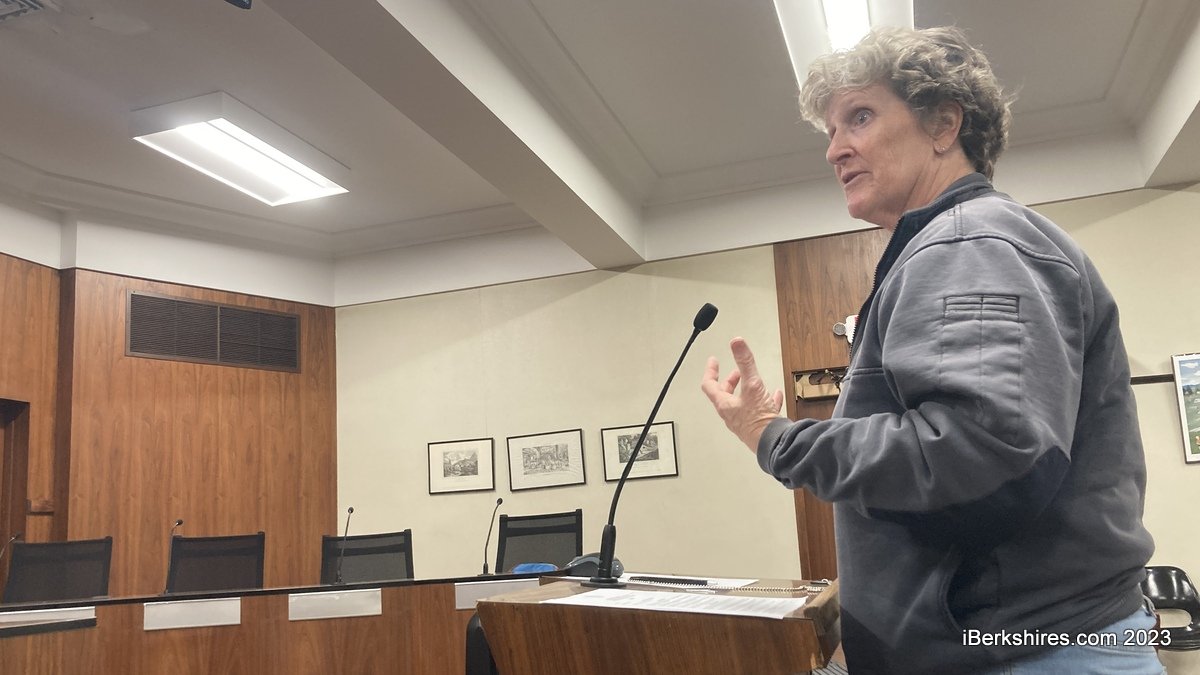
Pittsfield Subcommittee OKs Draft Chicken Ordinance

PITTSFIELD, Mass. — The city is closer to having an affordable fee for chicken keeping.
On Monday, the Ordinances and Rules subcommittee supported a drafted ordinance that brings the cost of keeping six chickens from more than $500 to $25.
The ordinance takes the process out of the Zoning Board of Appeals purview and requires a license similar to that of a dog.
"We've really come a long way from having to have a cost of around $500 to get chickens where this will bring it to a more equitable opportunity for anyone in the City of Pittsfield who meets the setback guidelines," Councilor at Large Peter White said.
"And those setback guidelines will be very similar to what would have been approved, to begin with, in the permit that is currently in place right now."
The Health Department’s guidelines stipulate that coops and enclosures must be located a minimum of 20 feet from any habitable building, 40 feet from any habitable building on an adjoining lot, 40 feet from any well heads or open bodies of water, and 10 feet from property lines.
If a complaint is received, it will be investigated by the Board of Health or its agent.
There was a half-acre requirement in the original draft ordinance that was removed because of pushback.
For months, Councilor at Large Karen Kalinowsky and resident Melissa Corbett have been trying to remove the permit from the ZBA due to cost.
"We’ve reached a hill and we’re trying to go down," Kalinowsky said to her colleagues. "I hope you guys will support this, make it happen so that all people if they chose to have chickens, can afford to."
The Board of Health said "no" to taking on the permitting last month, as it did not see pricing as a valid reason to change the granting authority. Soon after, the subcommittee supported the change.
City Solicitor Stephen Pagnotta said he has drafted an amended zoning ordinance to the Department of Community Development, as the existing ordinance requires a special permit for chickens.
Tags: chickens,















